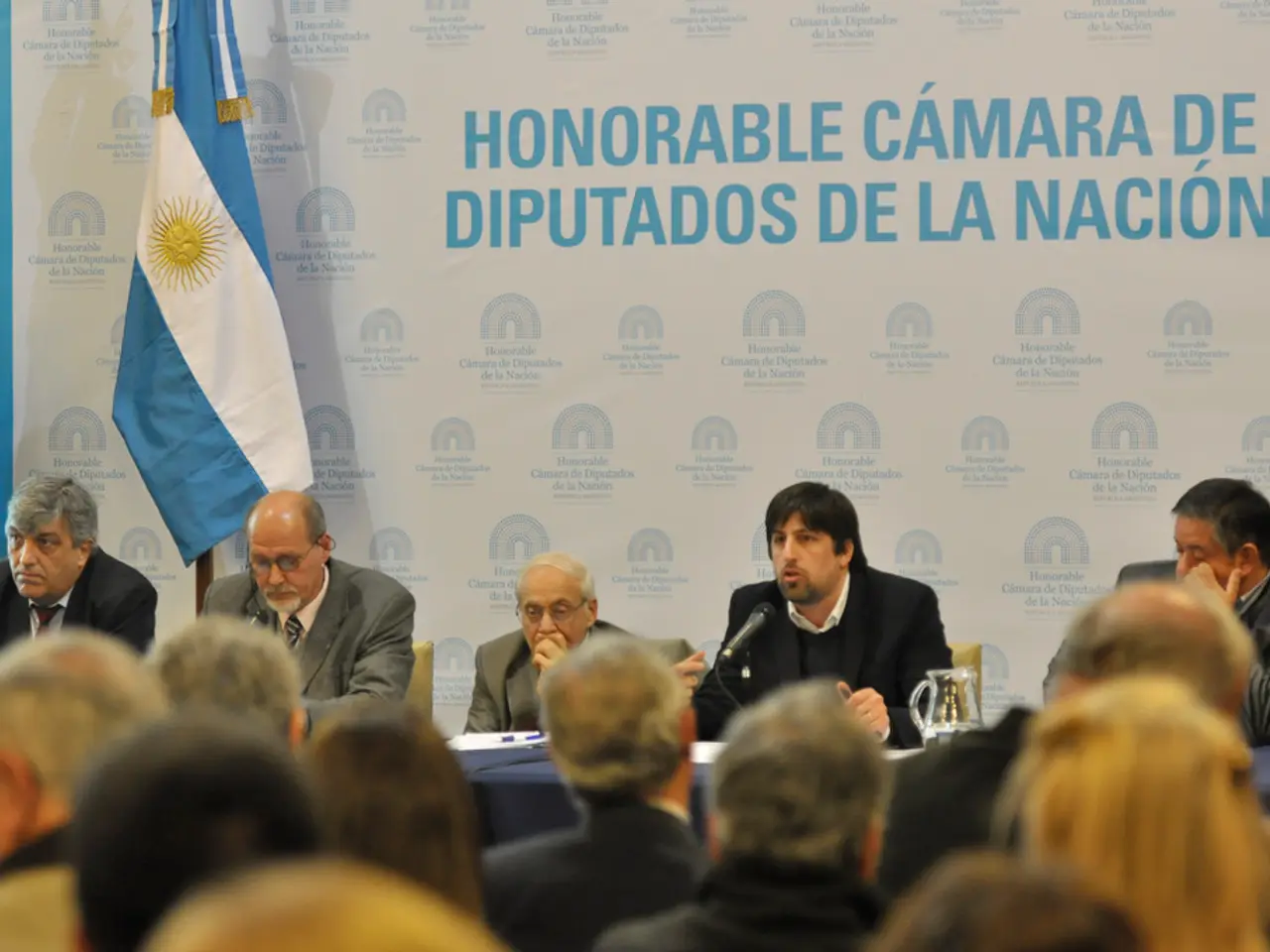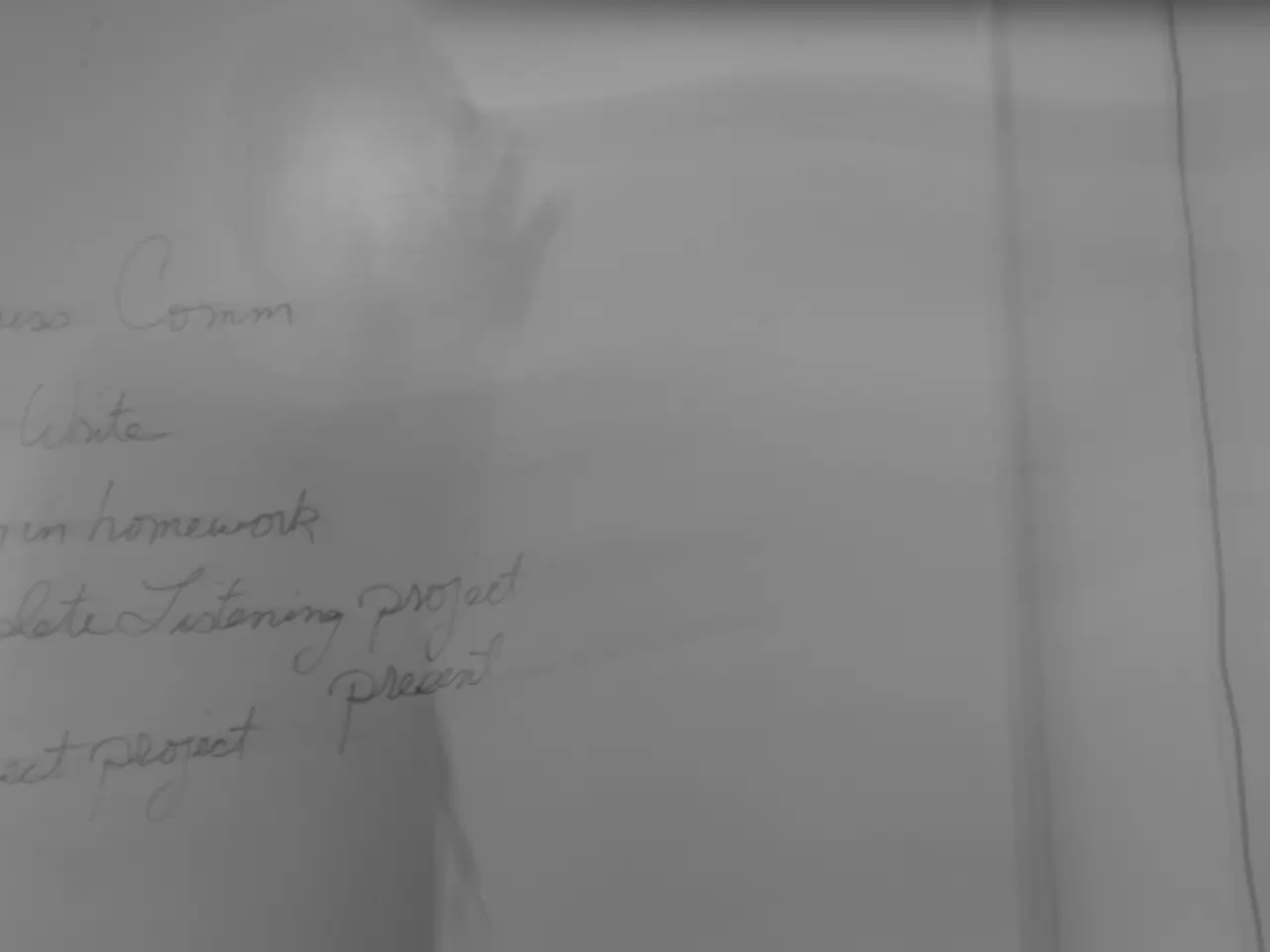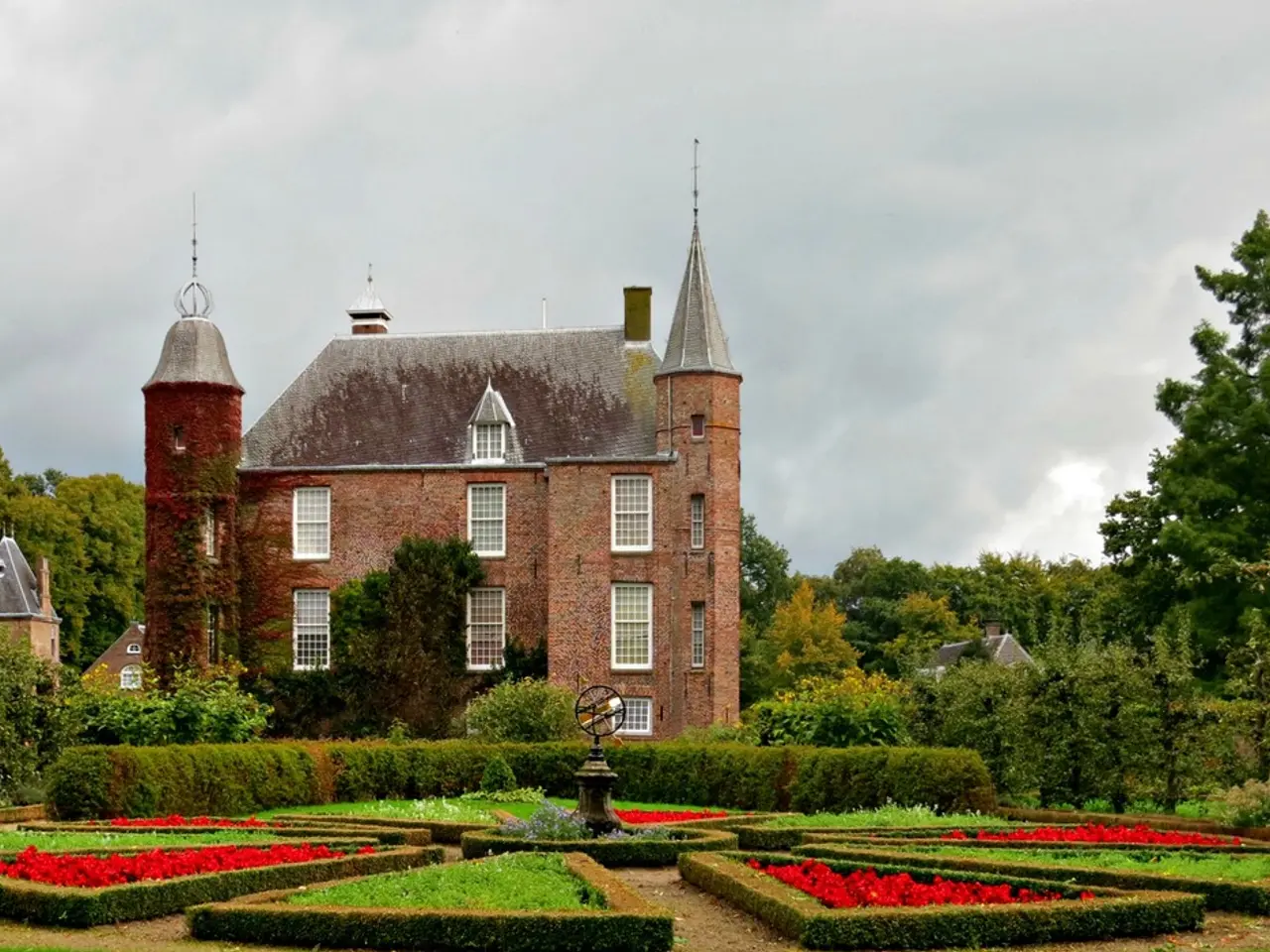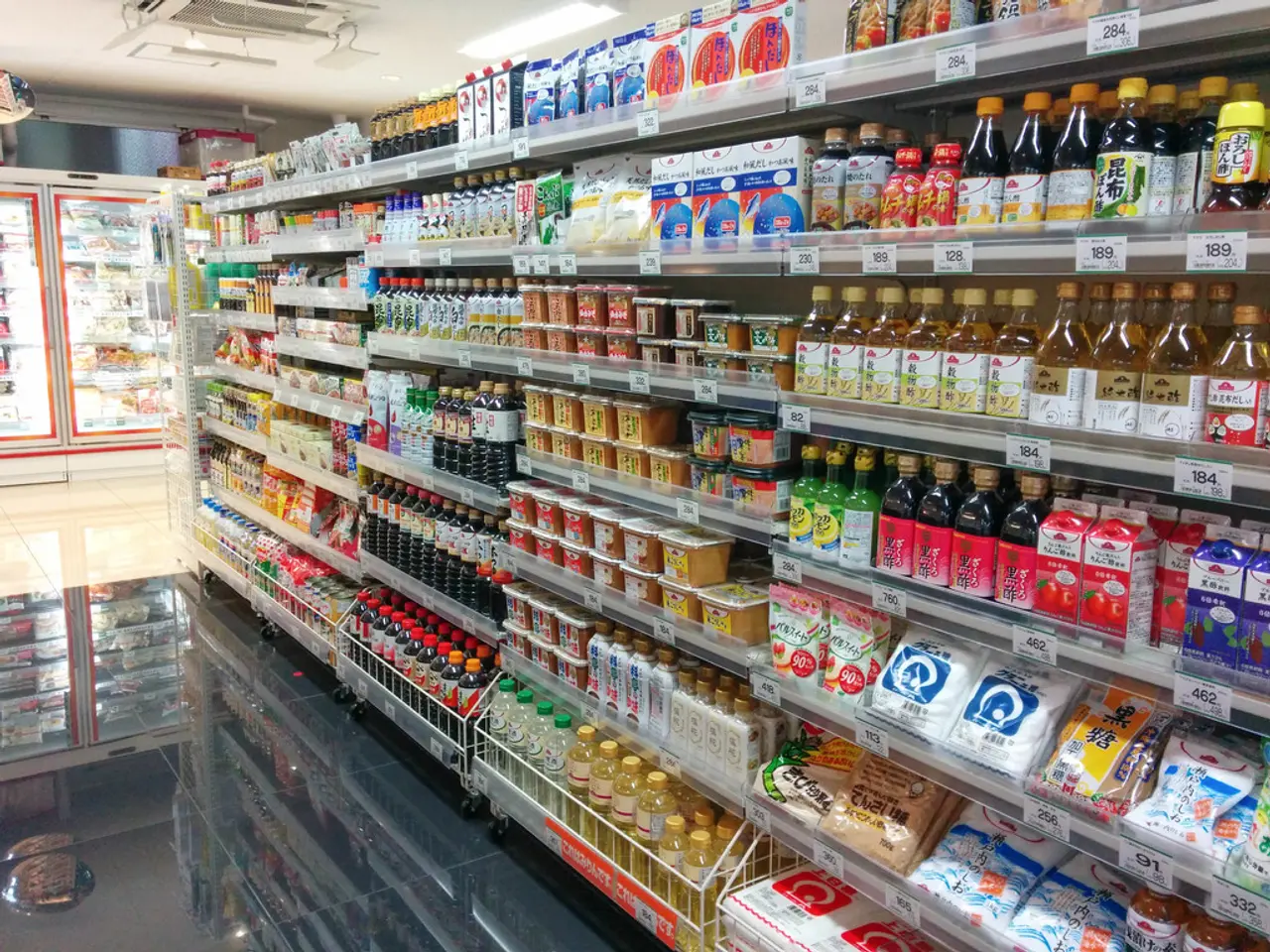Brazil's top court insists on moving forward with the trial of President Bolsonaro, disregarding external influence
The trial of former President Jair Bolsonaro, who is facing allegations of orchestrating a plot to remain in power after losing the 2022 election, is expected to take place later this year. The proceedings, overseen by Brazil's Supreme Court Justice Alexandre de Moraes, are in their final stage and are expected to conclude by the end of the year.
Recently, the U.S. Treasury Department announced sanctions against de Moraes for alleged suppression of freedom of expression and politicizing prosecutions against Bolsonaro. The U.S. government cited what it described as the "political persecution" of Bolsonaro as the reason for its actions.
However, de Moraes and Brazilian authorities have strongly asserted the independence of the country's judiciary. De Moraes publicly condemned the U.S. measures, emphasizing the judiciary’s autonomy and Brazil’s democratic strength. President Luiz Inácio Lula da Silva echoed this stance, affirming that Brazil’s democracy and judicial independence remain robust despite external pressures connected to the ongoing trial of Bolsonaro.
The Supreme Court President Luís Roberto Barroso and Justice Gilmar Mendes supported de Moraes' stance, with Barroso stating that the court will ignore the sanctions imposed by the U.S. Treasury Department. The Supreme Court's procedural schedule will neither be advanced nor delayed, as the court will defend national sovereignty, democracy, rule of law, and judicial independence.
The U.S. government's actions against de Moraes were cited as a reason for the tensions between the U.S. and Brazil. Demonstrators gathered outside the U.S. consulate in Sao Paulo, defending Brazil’s sovereignty and calling on Donald Trump and Benjamin Netanyahu to stay out of Brazil and Palestine. Protesters in Sao Paulo also burned dummies of Trump and Bolsonaro.
Despite these tensions, de Moraes did not mention the United States or Donald Trump in his remarks, focusing instead on the importance of upholding Brazil's democratic institutions and the rule of law. The independence of Brazil’s judiciary, particularly concerning Justice Alexandre de Moraes, remains a strong assertion by Brazilian authorities.
References:
- BBC News
- The Guardian
- Reuters
- Associated Press
- The New York Times
- The U.S. government's sanctions against Brazil's Supreme Court Justice Alexandre de Moraes, overseen by the Treasury Department, have raised concerns about political intervention in Brazil's policy-and-legislation, particularly the trial of former President Jair Bolsonaro, as reported in general-news sources.
- Amidst this controversy, crime-and-justice issues have become a topic of Seattle politics, with activist groups showing solidarity with Brazilian demonstrators who have gathered outside the U.S. consulate in Sao Paulo, condemning the alleged suppression of freedom of expression and politicized prosecutions affecting Bolsonaro.
- Meanwhile, the Brazilian government, including President Luiz Inácio Lula da Silva and other Supreme Court justices like Luís Roberto Barroso and Gilmar Mendes, stress the independence and autonomy of the country's judiciary, reiterating that the trial of Bolsonaro reflects Brazil's commitment to war-and-conflicts resolution, democracy, and rule of law.








